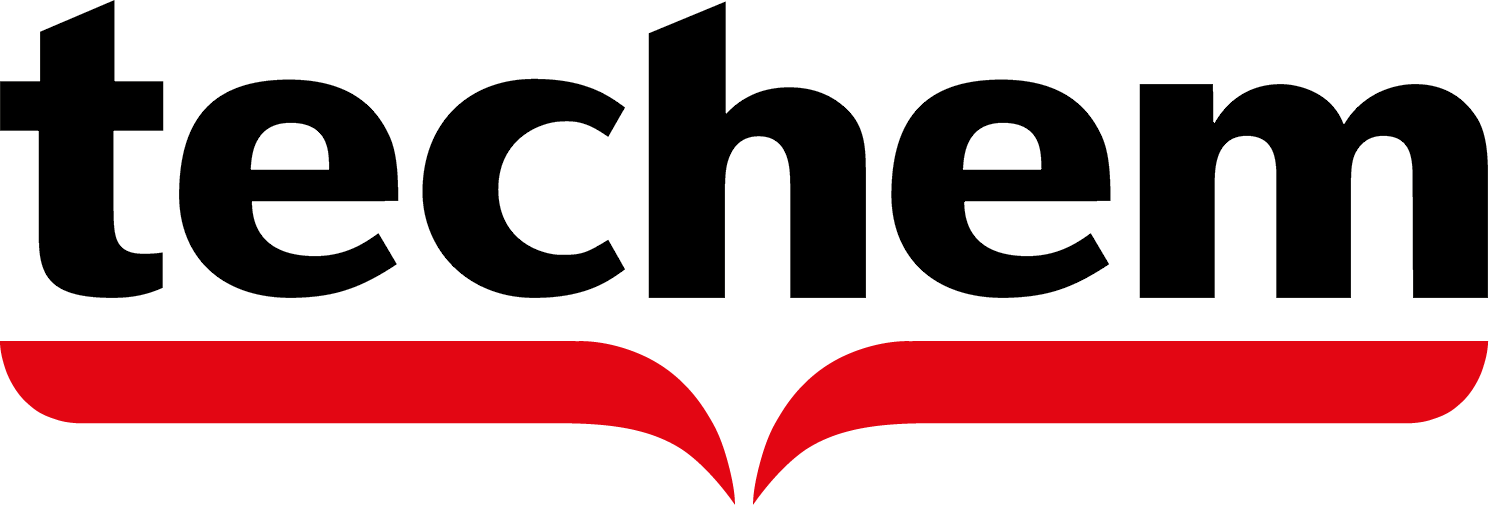Press Releases - 22.03.2023
Techem survey: Smart meters are hardly a priority for landlords
- Only 8 percent of private landlords and 18 percent of business landlords plan to install smart meters in their properties
- Many landlords view the costs as the main factor
- Techem calls for accelerated rollout of smart meters to drive energy efficiency in existing buildings
Eschborn, March 22, 2023 - The digitalization of the building stock is a key component of the energy transition, and smart meters are making a decisive contribution to this process. However, the expansion of the technology remains hesitant: currently, only 8 percent of private landlords and 18 percent of business landlords in Germany are planning to install smart meters in their own properties. This is what the energy service provider Techem found out in a recent survey.
Costs are the main factor for landlords
The most common reason for not (yet) considering the installation of smart meters is that the costs are too high: around 40 percent of those surveyed said that this was the reason for not installing them. At the same time, 75 percent of private landlords and 55 percent of business landlords admit to having little knowledge of the legal and regulatory requirements surrounding the topic. And 35 percent and 52 percent of private and business landlords respectively say that other topics are simply more important to them at the moment.
“Many landlords are not aware of the importance of a digital infrastructure for a climate-neutral building stock. Yet it is the cornerstone for efficient processes, greater transparency in consumption, costs and emissions, and thus for reducing energy consumption," explains Gero Lücking, member of the management team of Techem Solutions GmbH and responsible for the company’s smart metering division. “With the help of smart metering, both landlords and tenants gain insight into their energy consumption and can optimize and reduce it on this basis,” he adds. In fact, 64 and 74 percent of residential and business renters, respectively, would be persuaded by smart metering if they could save money with the devices. Fairer billing, grid stability or reducing CO₂-emissions are more downstream arguments for both groups of landlords. “Even if cost savings are not the primary objective of the use of digital electricity and gas meters, the law on the relaunch of the digitalization of the energy transition (GNDEW), which is currently under discussion, also addresses this point. Smart metering systems will be subsidized in the future, so from now on there is no reason not to invest in the digitalization of this infrastructure,” says Gero Lücking.
Smart meters as a component of the energy turnaround
The business models of the energy turnaround, such as the use of electric heat pumps, renewable energy generation and the charging infrastructure for e-mobility, are a crucial field for which the installation of smart meters forms the basis. Here, plans among landlords are significantly more advanced. In the next twelve months, 38 percent of private landlords and 50 percent of business landlords intend to install photovoltaic (PV) systems on their own buildings. In addition, 29 and 56 percent respectively intend to set up charging stations for electric cars during this period.
“The introduction of smart metering systems is not an onerous obligation, but an opportunity for greater energy and process efficiency. Smart metering is a prerequisite for the success of the energy transition,” says Lücking. In order to create synergies and think across sectors, Techem, as a leading partner for smart and sustainable buildings, offers smart metering in combination with submetering. Landlords thus receive all consumption values of their properties digitally from a single source – for efficient processes and as a basis for more energy efficiency in the building.
About the study
For the survey, Techem interviewed 438 private landlords and 100 business landlords online. The survey was conducted within Techem’s own expert network as well as expert panels of the market research institutes Gapfish, Questionpro and Innofact. The survey was conducted in January and February 2023.
About Techem
Techem is a leading service provider for smart and sustainable buildings. The company's services cover energy management and resource conservation, residential health and process efficiency in real estate. Founded in 1952, the company is now active in 18 countries with around 4,300 employees and services more than 13 million homes. Techem offers efficiency improvements along the entire value chain of heat and water in real estate. As the market leader in remote radio detection of energy consumption in homes, Techem continues to drive networking and digital processes in real estate. Modern radio smoke detectors with remote inspection and services related to improving drinking water quality in properties complement the solution portfolio for the housing industry. For more information, visit www.techem.com/corp/en.
